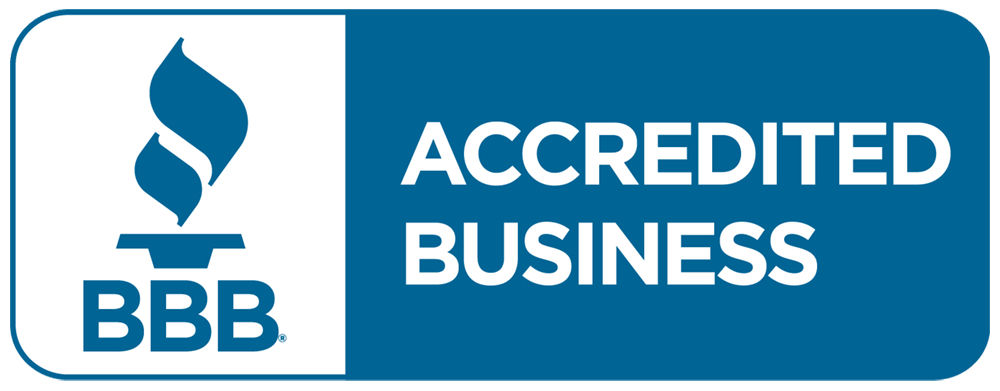Many individuals experience the strain of financial hardships at some point in their lives. Perhaps recent monetary struggles left you in a bind, you might have chosen to turn to credit cards to help you overcome your temporary dilemma.
Credit cards can appear exceedingly beneficial during times of struggle. However, with high interest rates and punishing late fees and consequences, if you fall behind, you could find yourself staring down an insurmountable amount of debt.
Indications that your debts are an issue
Substantial debt loads can place you under a significant financial strain, and the constant phone calls and collection letters do little to ease your stress. With credit cards, these issues can creep up over time, and you may wish to know the warning signs that debt is a problem so you can avoid a potential disaster, and some areas of concern may include the following:
- Rising balances: If the balances on your accounts are continually rising, chances are, you may be experiencing financial struggles. These issues could only grow worse as time goes by, and seeking relief may be advisable.
- Maxed-out limits: Having a maxed-out limit on one or more credit cards is another indicator of financial hardships. While you may be able to keep up with minimum payments at first, high interest rates can make your balance soar, and the snowball effect can be challenging to overcome.
- Trouble keeping up: As balances and interest rates rise, you may have trouble making even the minimum payment on accounts, which can be exceedingly troublesome and could indicate a need to seek financial relief.
- Credit-related rejection: Receiving a letter of decline when applying for new lines of credit could be worrisome and may be a sign that your credit score is suffering.
You may also receive letters from companies offering promotional cards for those with damaged credit, which is another sign that your credit score may be suffering. Regardless of the issues you face, the burdens of debt may be causing you to suffer, and seeking advice on the options for debt relief could be in your best interests.
Seeking guidance
Although dealing with debt-related issues can be stressful and daunting, avoiding them will do little to make them go away. Perhaps you wish to pursue relief, but with numerous options available, each offering its own potential advantages and disadvantages, you might be uncertain how to move forward. You could speak with someone with knowledge in federal and Texas state bankruptcy laws for guidance, which might help you gain an understanding of each option and prepare you to pursue relief from the burdens of debt through the necessary outlets.



